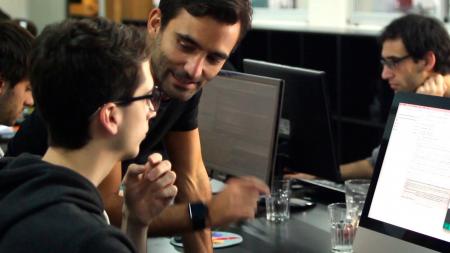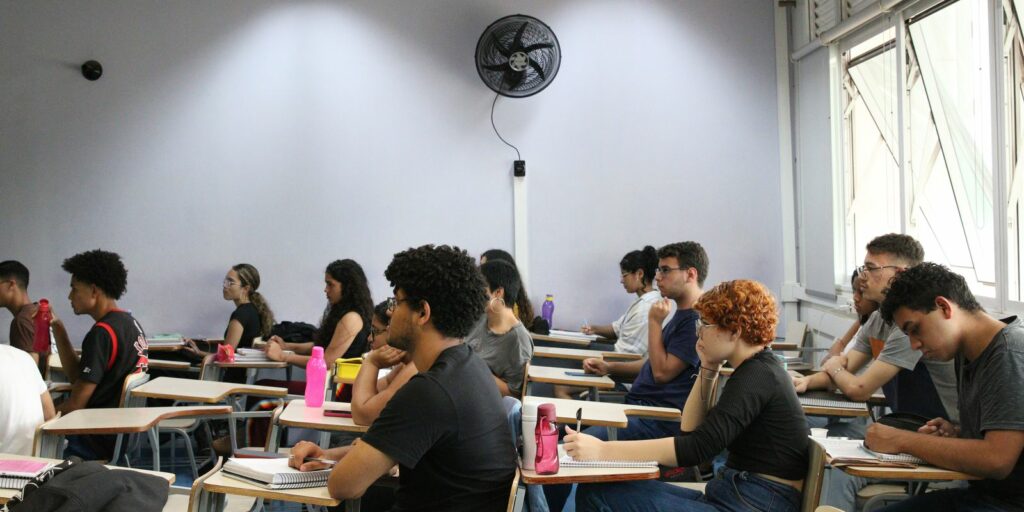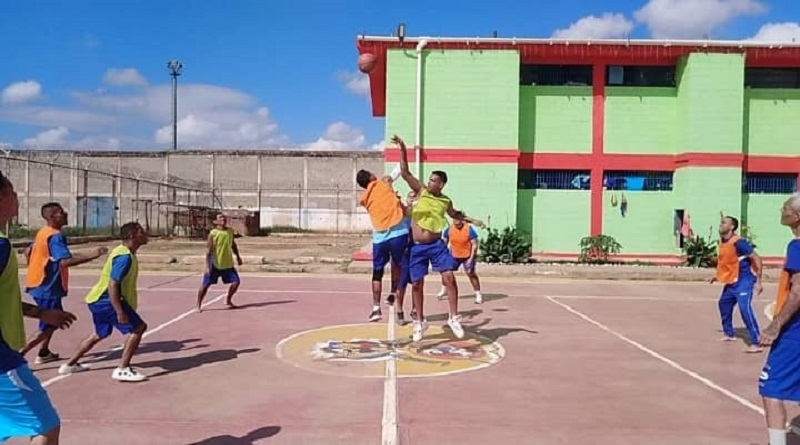The Secretariat of Knowledge Economy selected, among more than a thousand participants, the 10 finalist projects of the hackathon “Building a more accessible country”whose objective is to find technological solutions aimed at developing environments with greater ease of access so that all people can fully exercise their rights.
“Initiatives like this are an example of what the Knowledge Economy is: a vehicle that generates benefits for society thanks to creativity, ingenuity and the use of Information and Communication Technology (ICT) tools”, highlighted the Secretary of Knowledge Economy, Ariel Sujarchukit’s a statement.
The hackathon was carried out in partnership with the open innovation platform Tekuoia and with the collaboration of the consultancy specialized in inclusion Libertate and the National Agency for Disability (Andis), said area under the Ministry of Economy reported this Wednesday.
Those chosen will participate during the first quarter of the year in virtual training in the Project Consolidation stage; to subsequently participate in the final, in which three winners will be selected who will receive prizes ranging from $100,000 to $250,000.

The selected projects were Web accessa platform that offers tools to customize the web and facilitate reading and productivity; anny, which promotes smart glasses and a mobile app to make it easier for a blind person to receive assistance; Y accessible communicatoran application for networks that suggests ways to communicate in an accessible digital way.
To these were added edubridgea digital platform for teachers of people with disabilities that offers an exchange place for teachers and students; Identity validation standardization in Digital Products, intended to validate the identity and guarantee access for all persons; Ganesha, an add-on for guide poles to warn of obstacles at height; Y Olympia Gameswith adaptive controls for video games.
The list is completed with the projects HAPPENS. (Accessible Stops Without Exclusion), digital management of the trip in public transport providing autonomy and security in displacements; ItsMultiplatform, to connect the needs of all the actors with the potential help; and youdidactic keyboard for pedagogical usea device to stimulate reading and writing in students in formation and development of graphomotor reading.
Knowledge Economy highlighted that eight hackathons have already been carried out, which allow generating creative solutions and proposals to address various challenges, identify and involve local talent; stimulate creativity and the application of knowledge; and promote the link between the actors of the innovation ecosystems, such as entrepreneurs, large companies, universities, technology centers and state agencies.
















